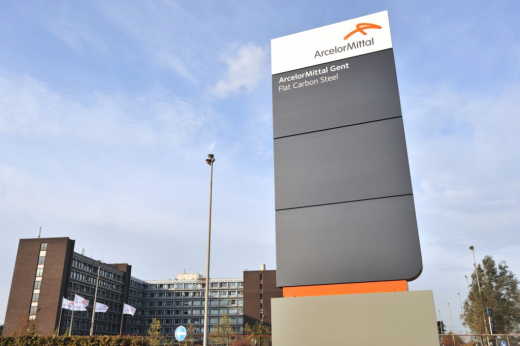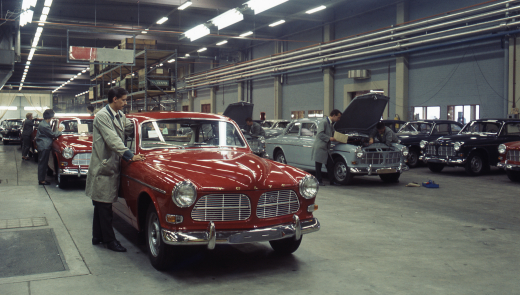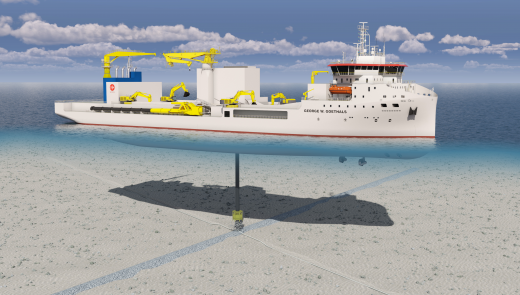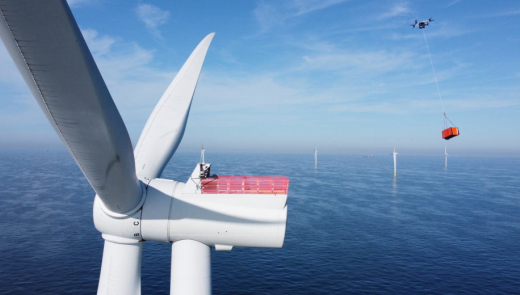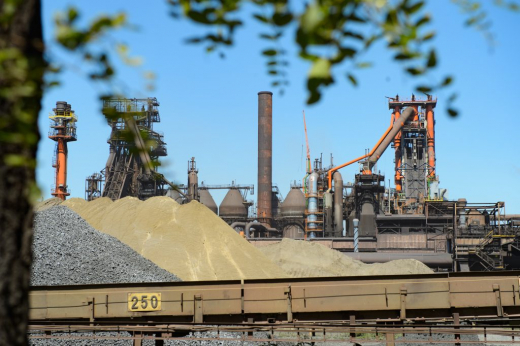
ArcelorMittal Belgium investeert in stoomturbine voor groene energie en koolstofarme staalproductie
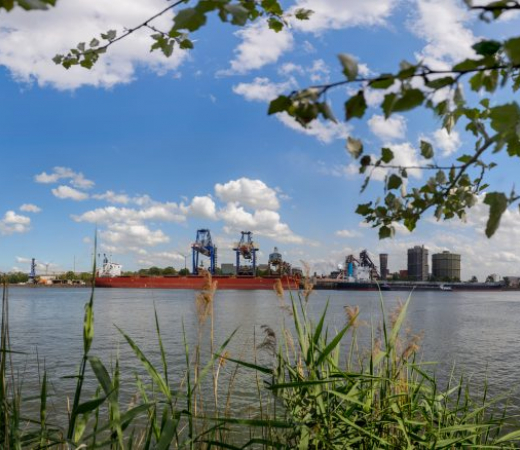
ArcelorMittal Belgium is taking a new step towards low-carbon steel production. An innovative steam turbine will be installed at the Ghent site, converting high-pressure steam from Aquafin into green electricity and low-pressure steam for the steel process. This will enable the company to significantly reduce its fossil fuel consumption and CO₂ emissions.
Recovering residual heat for a more sustainable process
ArcelorMittal's Ghent site is one of the most advanced within the ArcelorMittal group and has been investing for years in technologies that reduce emissions and increase energy efficiency. The new turbine project fits seamlessly into this strategy and makes a tangible contribution to ArcelorMittal Belgium's sustainability goals for 2050.
Aquafin will start supplying high-pressure steam for the first time in August 2026. This steam will then be processed by the turbine, which has a capacity of 1.3 MW. The installation converts the high-pressure steam into two valuable energy flows:
- low-pressure steam, which is used directly in ArcelorMittal Belgium's steel production process, further reducing the use of fossil fuels;
- green electricity, which is fed back to Aquafin.
By making optimal use of these energy flows, the overall energy efficiency at the Ghent site is further increased.
Public funding accelerates sustainable investments
The project, costing more than €12 million, is being financed by FINARMIT, FINEG's project company, which already supports several sustainable installations at the Ghent site. Luminus Solutions is responsible for the design, construction, maintenance and operation of the turbine. The construction underlines how public-private partnerships play a crucial role in accelerating the energy transition in heavy industrial sectors.
Strategic value for the Scheldt Delta region
ArcelorMittal Belgium, a partner in Smart Delta Resources, is once again demonstrating with this project how innovation, collaboration and circular energy solutions reinforce each other within the industrial cluster of the Scheldt Delta region. By making maximum use of residual flows, industrial processes reduce their energy consumption and CO₂ emissions and increase their competitiveness.
This steam turbine illustrates how integrated projects between industry, public investors and water treatment companies contribute to a future-proof, climate-neutral industry. For our industrial cluster, this is another step towards a robust, sustainable and cross-border energy structure.
To press release

